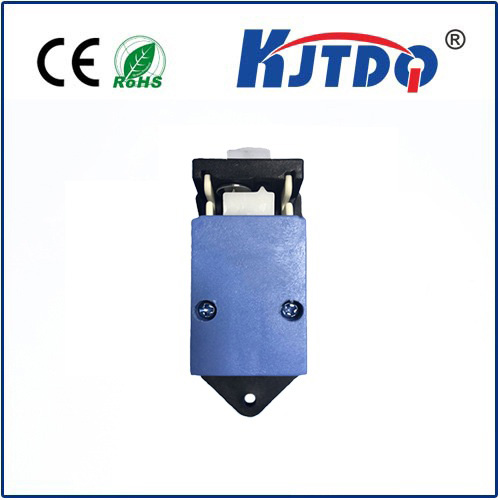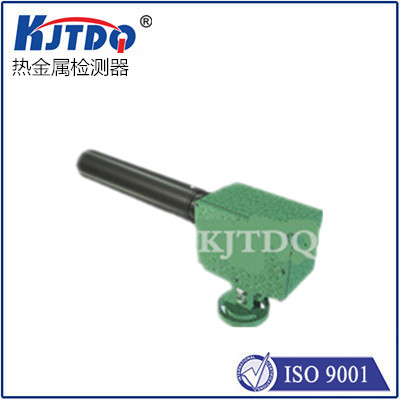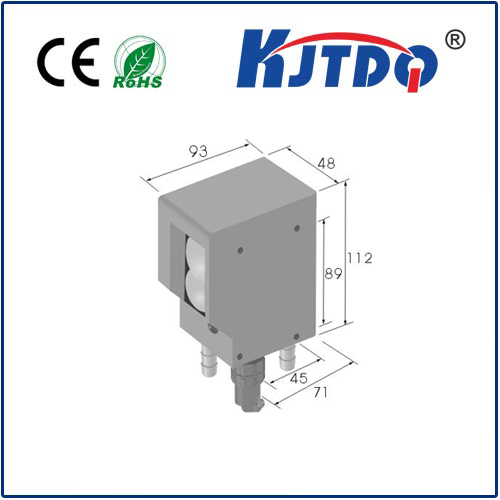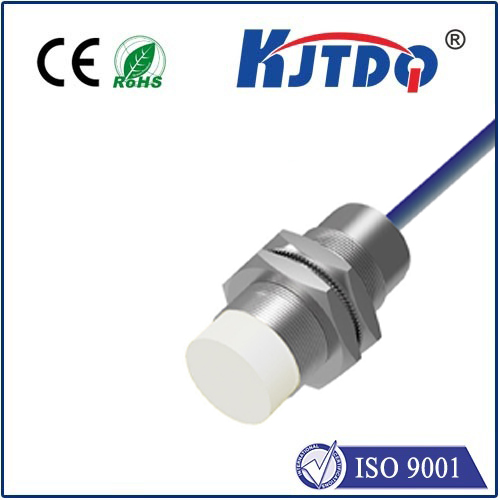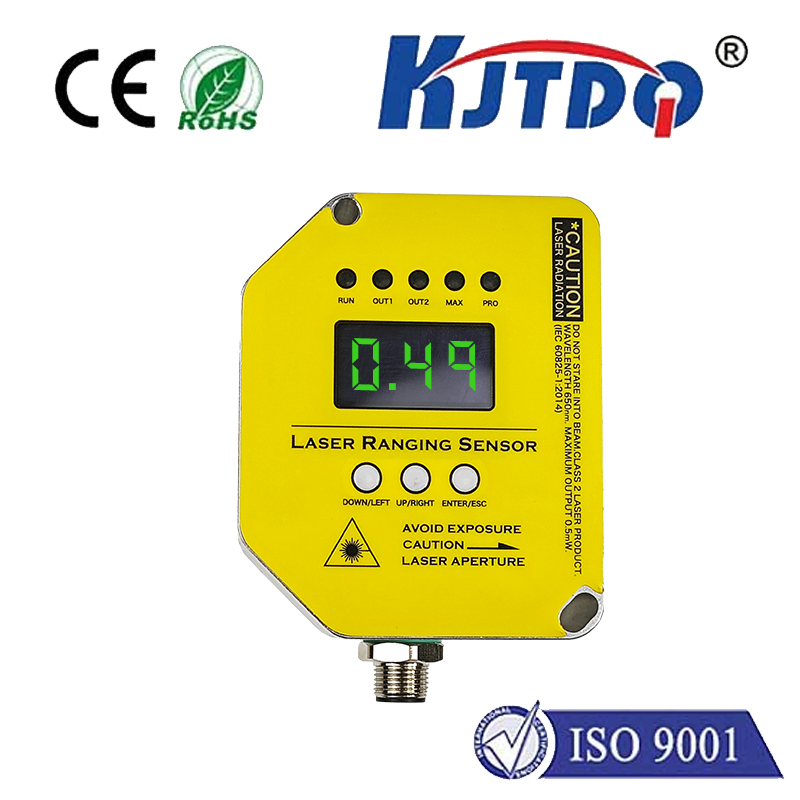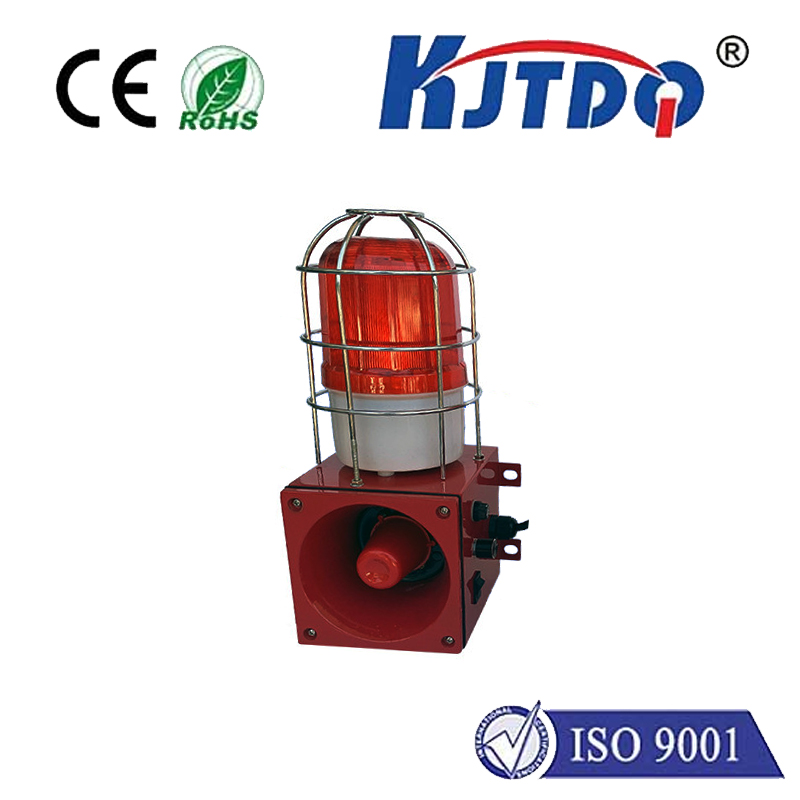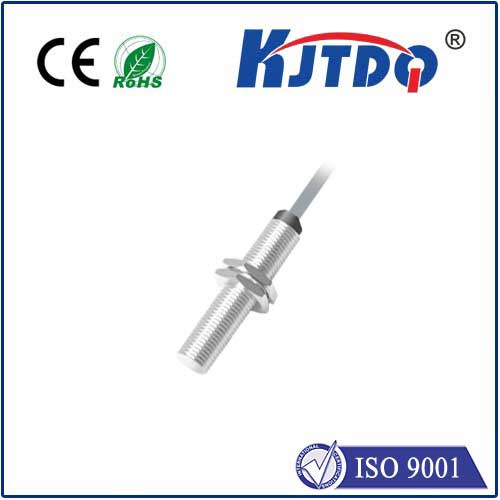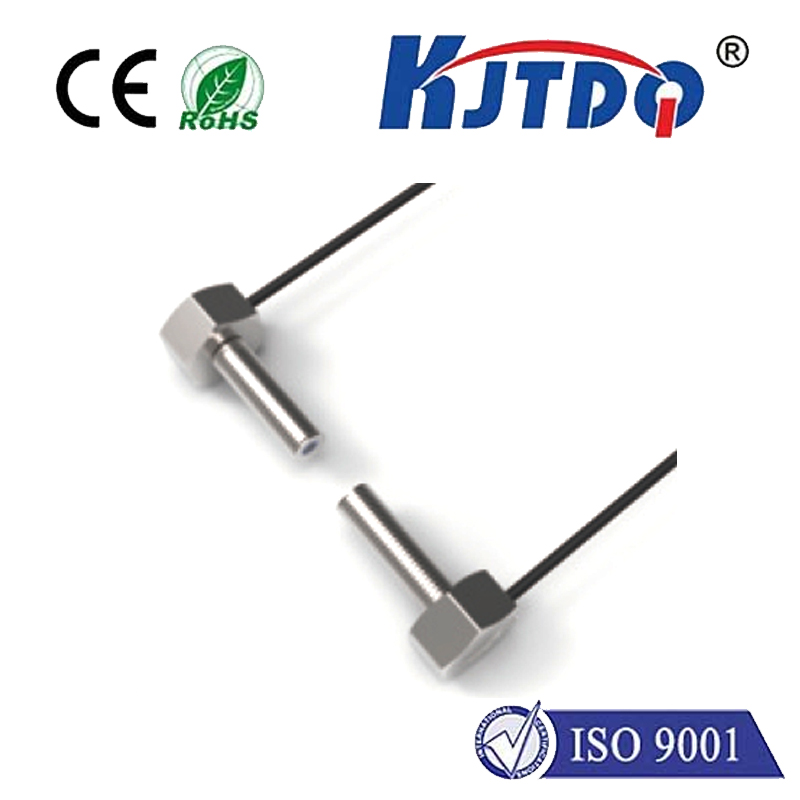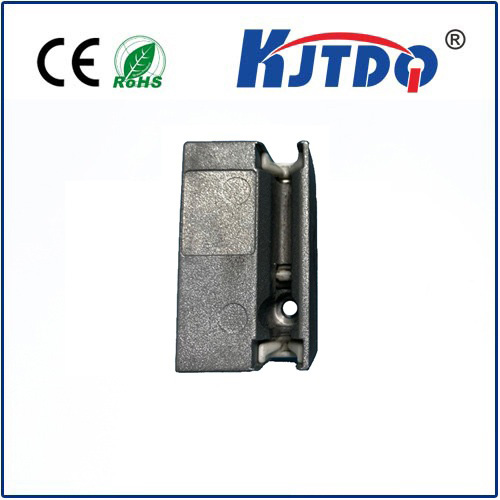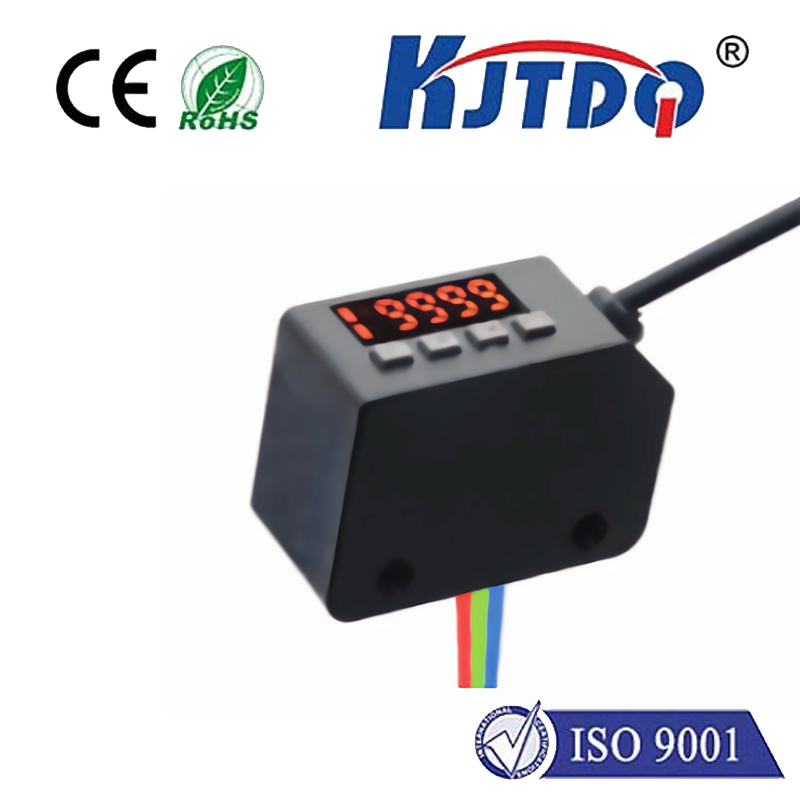
check

check

check

check
Laser Detector Sensors: The Future of Sensing Technology
Laser technology has revolutionized various industries, including communication, medicine, and manufacturing. One such innovation is the laser detector sensor, which has become an essential tool in numerous applications due to its high precision and accuracy. In this article, we will explore the features, benefits, and future prospects of laser detector sensors.
Firstly, let's understand what a laser detector sensor is. It is a device that detects the presence or absence of laser light by converting it into an electrical signal. These sensors are designed to be highly sensitive to specific wavelengths of light, making them ideal for use in various applications where precise measurements are required.

One of the most significant advantages of laser detector sensors is their ability to provide non-contact measurement. Unlike traditional sensors that require physical contact with the object being measured, laser detectors can measure objects from a distance without any risk of damage or contamination. This feature makes them particularly useful in harsh environments or situations where physical access is limited.
Moreover, laser detector sensors offer exceptional accuracy and repeatability. They can detect even the slightest changes in the intensity or position of the laser beam, allowing for precise measurements that are critical in many industries. For instance, in manufacturing, laser detectors can be used to monitor the quality of products during production, ensuring consistency and reducing waste.
Another benefit of laser detector sensors is their versatility. They can be used in a wide range of applications, from simple object detection to complex systems like robotics and automation. Laser detectors are also commonly used in security systems, where they can detect intruders or trigger alarms when a door or window is opened.
Furthermore, laser detector sensors are highly reliable and durable. They are designed to withstand harsh environmental conditions and have a long lifespan, making them cost-effective in the long run. With proper maintenance and care, these sensors can continue to function accurately for years without any significant issues.
Looking ahead, the future prospects for laser detector sensors are promising. Advancements in technology are expected to lead to even more accurate and efficient sensors with improved functionality. For example, researchers are exploring ways to incorporate artificial intelligence algorithms into laser detector systems to enhance their capabilities further.
In conclusion, laser detector sensors are a game-changing technology that offers numerous benefits over traditional sensors. Their non-contact measurement capability, exceptional accuracy, and versatility make them ideal for use in various industries. As technology continues to evolve, we can expect laser detector sensors to play an increasingly vital role in our lives.
